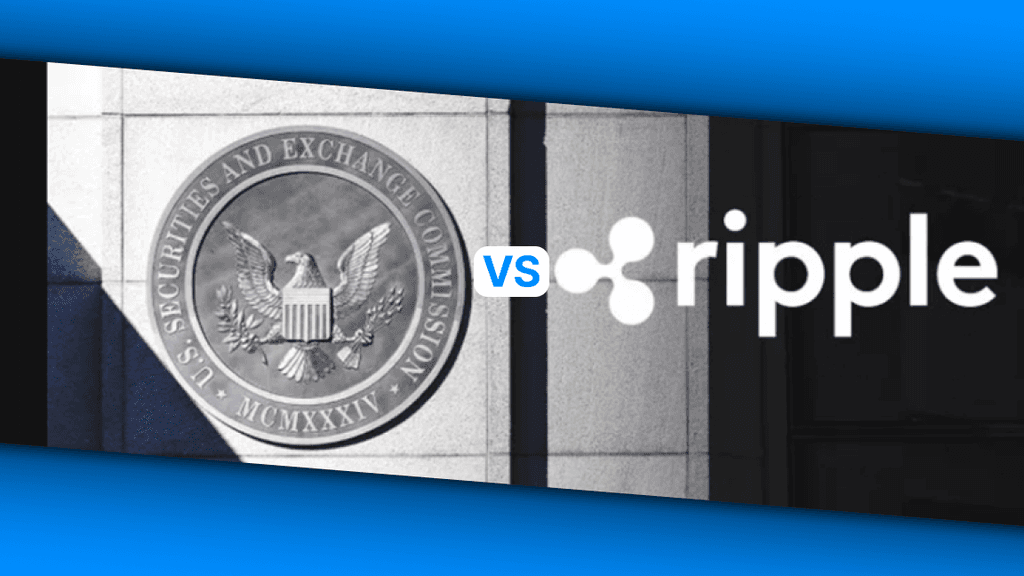Overview of the Case
On April 30, 2024, Changpeng Zhao, widely known as “CZ” and the founder of Binance, the world’s largest cryptocurrency exchange, received a notably lenient sentence of four months in prison for failing to implement an adequate anti-money laundering program. This decision came despite the prosecution’s request for a three-year sentence, highlighting a significant moment in cryptocurrency regulation.
Sentencing Details
Courtroom Atmosphere
During the proceedings in a Seattle federal court, CZ maintained a composed demeanor, understanding the gravity of the accusations against him. His acknowledgment of his failures and his expressed remorse were key factors that influenced the sentencing decision. U.S. District Judge Richard A. Jones noted Zhao’s “exceptional acceptance of responsibility” as mitigating in granting a lighter sentence than the prosecution sought.
Legal Arguments and Outcome
Prosecutors highlighted the serious nature of the violations, which enabled criminal activities, including funding for terrorist organizations and other malicious actors. Despite these severe allegations, the sentence handed down was far below the maximum suggested under federal guidelines, which recommend 1 to 1.5 years for such offenses.
Financial and Operational Consequences for Binance
Following the sentencing, Binance agreed to pay $4.3 billion in penalties and forfeitures, a record-setting figure that underscores the severe financial repercussions of non-compliance with U.S. regulations. Zhao himself was fined $50 million as part of his plea deal, reflecting his personal accountability in the matter.
Comparative Context: Zhao vs. Other Crypto Executives
The crypto community has closely watched Zhao’s case, especially in light of other high-profile prosecutions, such as Sam Bankman-Fried of FTX, who received a 25-year sentence for more direct financial crimes. The disparity in sentencing between compliance failures and outright fraud has sparked discussions on the adequacy of regulatory penalties to deter future violations.
Reactions and Implications
Industry Impact
The lighter-than-expected sentence has stirred debate among regulatory bodies and financial watchdogs. Critics argue that such leniency could undermine the deterrence factor essential to regulatory enforcement. U.S. Attorney Tessa Gorman emphasized that despite the mild sentence, the conviction of a high-profile CEO for serious compliance failures is a significant victory for justice and should not be seen as a defeat in efforts to clean up the cryptocurrency industry.
Future Outlook
This case sets a precedent in how compliance violations by cryptocurrency firms might be treated, suggesting that while the penalties can be financially staggering, individual punishments may vary significantly based on the circumstances and cooperation of the accused.
In conclusion, Changpeng Zhao’s case serves as a stark reminder of the critical importance of adhering to regulatory standards and the complex interplay between legal accountability and business ethics in the burgeoning cryptocurrency sector. As the industry continues to evolve, the outcomes of such cases will likely shape the regulatory landscape for years to come.





